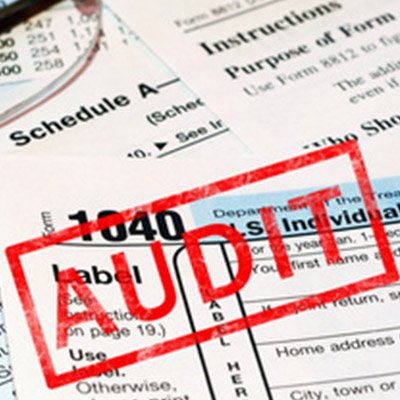If my spouse dies, am I responsible for the unpaid taxes
Here is what you can do if your spouse dies and you owe the IRS back taxes
Because each spouse is jointly and severally liable for taxes when they file a combined return, the death of one spouse should have no effect on the surviving spouse's tax liability. In other words, when you file a tax return, you owe on your own and together with the person you file a return with. The executor of the deceased spouse's estate is responsible for submitting final tax returns after the deceased spouse's death, and the IRS may attempt to collect any unpaid taxes owed out of the deceased spouse's estate first. However, if the descendant's inheritance is unable to meet the overdue tax burden, the surviving spouse will be held accountable for any leftover tax liability. Keep in mind that if one spouse filed separately and dies with unpaid taxes, the surviving spouse is not responsible.
In certain situations, you can avoid the past due tax responsibility by doing the following:
Innocent Spouse Relief Exception
Sometimes one spouse has racked up a massive tax liability by failing to report income and the spouse was unaware of it. The IRS may grant innocent spouse relief. The innocent spouse, on the other hand, must be able to show that the joint return error was wholly due to her spouse's omission, that she had no awareness the tax payable was overstated, and that joint culpability would be unjust to her. To request this file Form 8379 with the IRS.
Separation of Liability Relief
Another alternative is separation of liability relief. If your spouse was alive at the time, you could claim this relief if you filed a joint return while divorced, legally separated, or living apart. Because your husband has passed away, all you need to prove is that you are widowed and were unaware of the tax understatement when you signed the joint return.
The procedure is a little different than innocent spouse relief, but it is still done on Form 8379.
Headquarters: 2855 Coolidge Highway, Suite 210, Troy, MI. 48084





